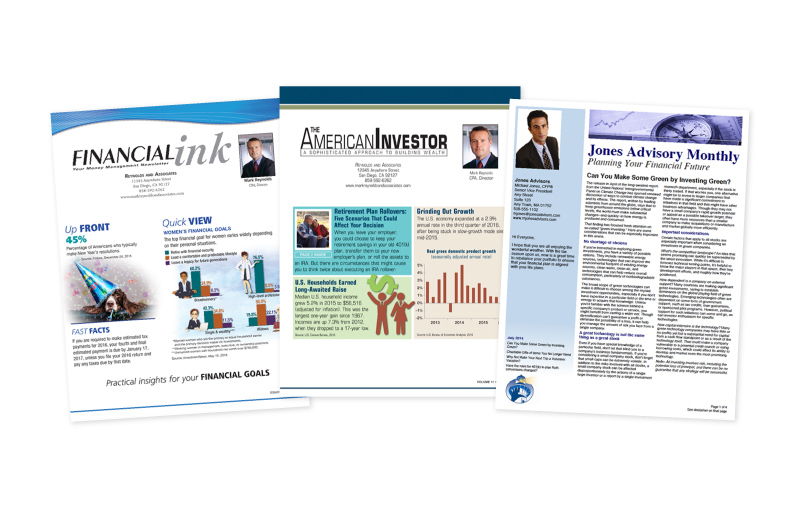
Extreme caution is advised.įor further information about this securities law blog post, please contact Brenda Hamilton, Securities Attorney at 101 Plaza Real S, Suite 202 N, Boca Raton, Florida, (561) 416-8956, or to. The internet makes it very easy for fraudsters to reach out to hundreds of thousands of people with the click of a mouse, and just as easy to hide their own identities while doing so. Investors should always conduct their own due diligence, and never rely on only one source of information about any potential investment. Some newsletters are written by registered investment advisers their background may be checked at the SEC’s IAPD page. The SEC advises that the public search its website and contact the appropriate state securities regulator to check for enforcement actions. Potential investors should immediately reject any newsletter promising implausibly high rates of return, exerting pressure to buy RIGHT NOW!, or if the scheme promoted just sounds too good to be true.Īnyone considering subscribing to a newsletter or thinking of taking its recommendations seriously should investigate the publication and the people behind it. The agency also cautions the public to be wary of newsletters that request personal information, and then have their own staff, or boiler room employees, make calls using hard sell tactics to pitch specific securities. Investors should be aware that individuals and entities promoting stocks must declare the amount and kind of their payment, and name its source, if they wish to remain compliant with SEC regulations. They would include statements like: “From time to time, the Newsletter may receive compensation from companies we write about” or “From time to time, the Newsletter or its officers, directors, or staff may hold stock in some of the companies we write about.” Potential investors should also be wary if the newsletter tries to hide its disclosure information in an unobtrusive place, or offers it in print so tiny it can barely be read. Claims of no compensation should be regarded with suspicion, and vague disclosures should also be seen as red flags. The SEC warns that when dealing with newsletters that promote specific stocks, readers should make sure to read the disclosure information provided. Newsletters may claim to be a source of unbiased information, but their publishers can still make a bundle on the trading activity of readers if they own stock in the companies they recommend.


Pump and dump schemes: driving a stock’s price up by making false and misleading positive statements about the company.

Touting: promoting a stock without making proper disclosure of compensation paid.According to the SEC, the people behind these publications may use them for: Whatever the type, some investment newsletters are legitimate, many are created by investor relations firms to deceive investors into purchasing securities at inflated prices particularly in the penny stock markets. Others may present analysis of specific securities, and offer recommendations as well. Some address general securities topics, explaining the qualities of different types of stocks, bonds, or funds, and suggesting why they might be attractive. The SEC notes that there are different kinds of investment newsletters. The Securities and Exchange Commission (“SEC”) recently issued an Investor Alert warning about the use of investment newsletters and emails as tools for fraud. In this digital age, sensible people know they should be wary of online financial advice, but there are still many who can’t resist the allure of the “guaranteed profits” that will be generated by a “once in a lifetime opportunity” that they learn about via email in their inbox.


 0 kommentar(er)
0 kommentar(er)
